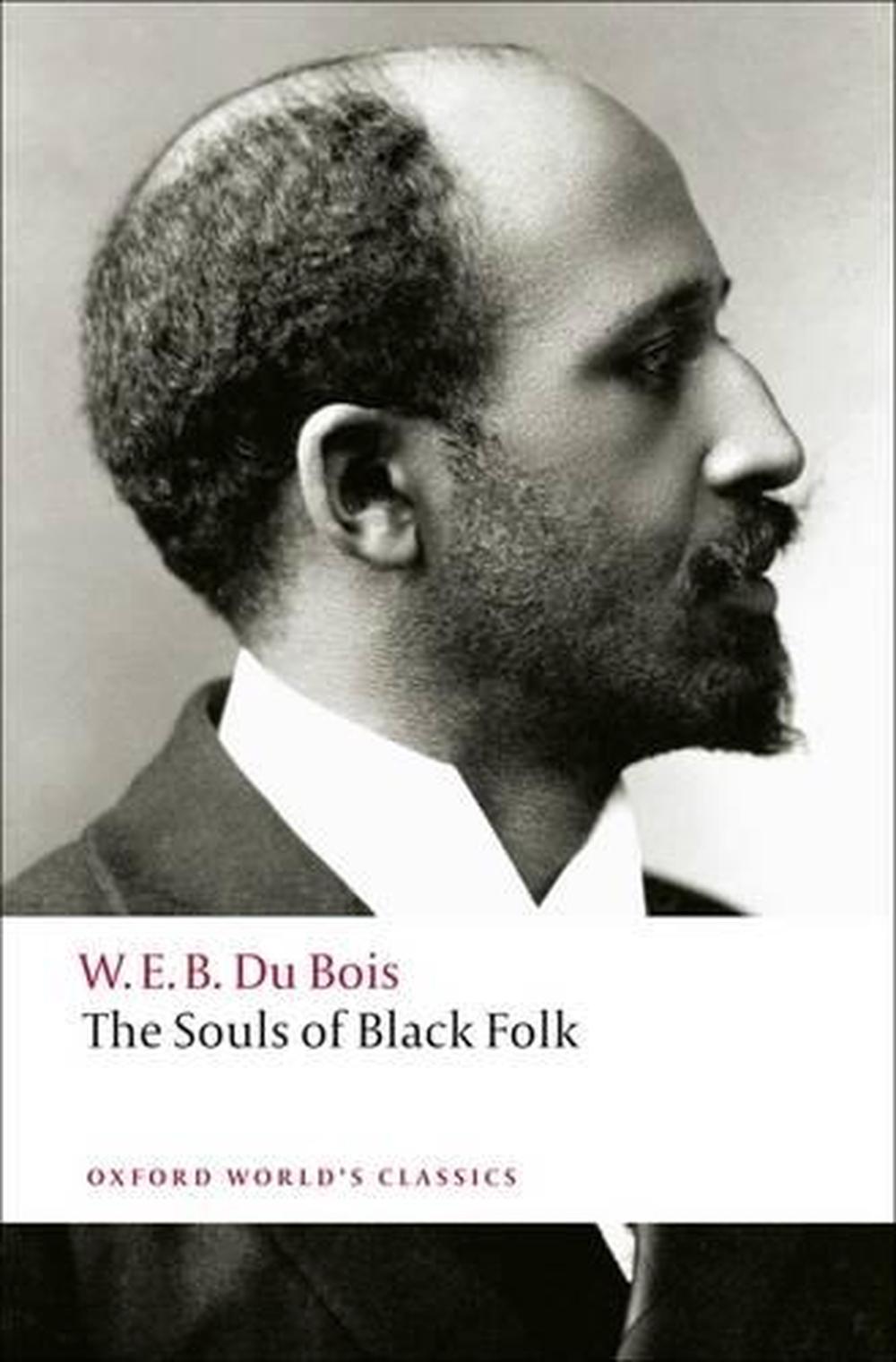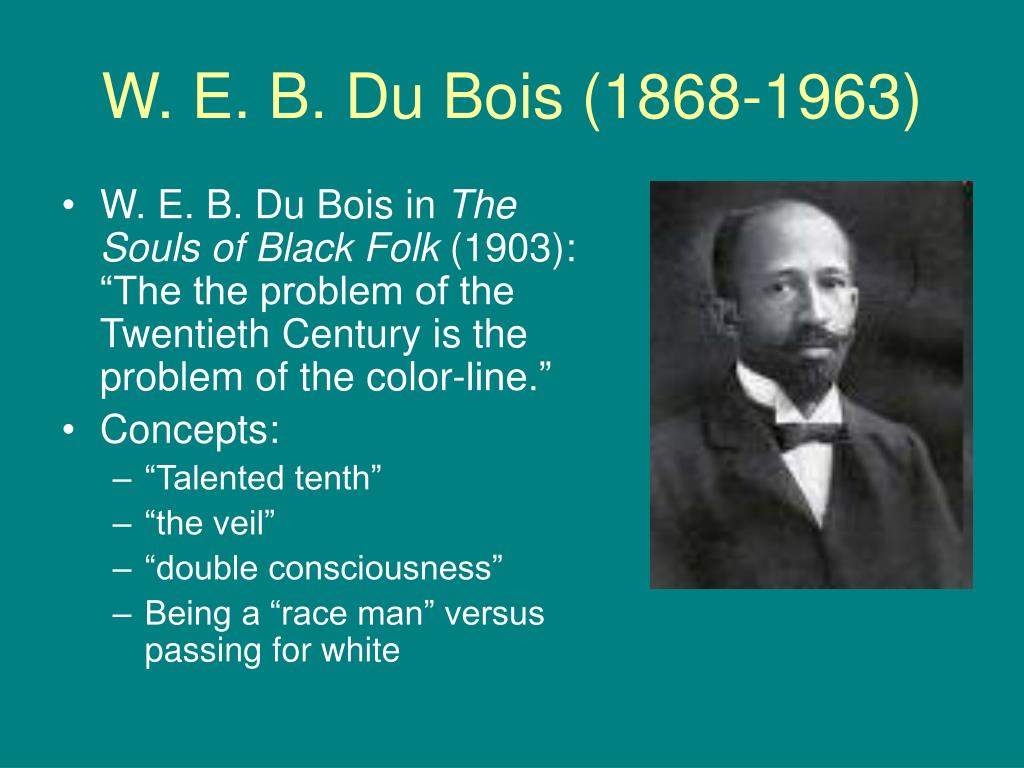

1 Laura Sullivan et al., The Racial Wealth Gap: Why Policy Matters (New York: Demos Waltham, MA: Institute for Assets & Social Policy, Brandeis University, 2015). Due to longstanding overt and covert discrimination in housing and credit markets, black Americans are dramatically less likely than whites to own a home, and thus enjoy the generational benefits home ownership affords, which drives a stubborn racial wealth gap. What almost never comes up in this discussion is the uncomfortable truth that the American middle class is today, and has been since its very inception, disproportionately and overwhelmingly white. In other words, while this narrative acknowledges that racial minorities are more vulnerable to the devastation and upheaval that capitalism inevitably produces, it ultimately collapses racial difference into the broader project of holding the line against the attack on the middle class by elites. On the other hand, the “99 Percent” narrative derives most of its emotional power from the perception that growing economic inequalities are decimating the once-vaunted American middle class, and therefore killing the American Dream.

Vox columnist German Lopez noted in 2016, after Sanders rejected black reparations, that he acknowledges the severity of racial inequality in the United States, but focused his campaign on fixing “economic inequality above all else.” Sanders, Lopez adds, “sees the fixes for economic inequality…as a way to also address racial inequality, since black communities are so often poor communities, too.” That story would suggest that oligarchy’s devastating consequences fall heaviest on the racially disadvantaged-especially black Americans-who therefore have the most to gain from mobilizing against the billionaires. “As a political rallying cry, ‘We are the 99 percent’ tells a particular story about race and capitalism, and how these forces intersect to produce economic inequalities.”Īs a political rallying cry, “We are the 99 percent” tells a particular story about race and capitalism, and how these forces intersect to produce economic inequalities. In 2015 Senator Bernie Sanders took up the “99 percent” narrative as the rhetorical centerpiece of his presidential primary campaign, speaking out against “elite” schemes to “rig” the economy. Most notably, the 2011 Occupy Wall Street movement formed in the wake of the financial crisis to voice loud opposition against the “1 percent” of Americans who plunder the economy at the expense of the “99 percent”: that is, the everyday people from a variety of class backgrounds who are increasingly burdened with exorbitant student debt, dim employment prospects, underwater mortgages, skimpy healthcare, and more. Capitalism’s widening chasm between the ultra-rich and everyone else has emerged as a leading concern in American politics.


 0 kommentar(er)
0 kommentar(er)
